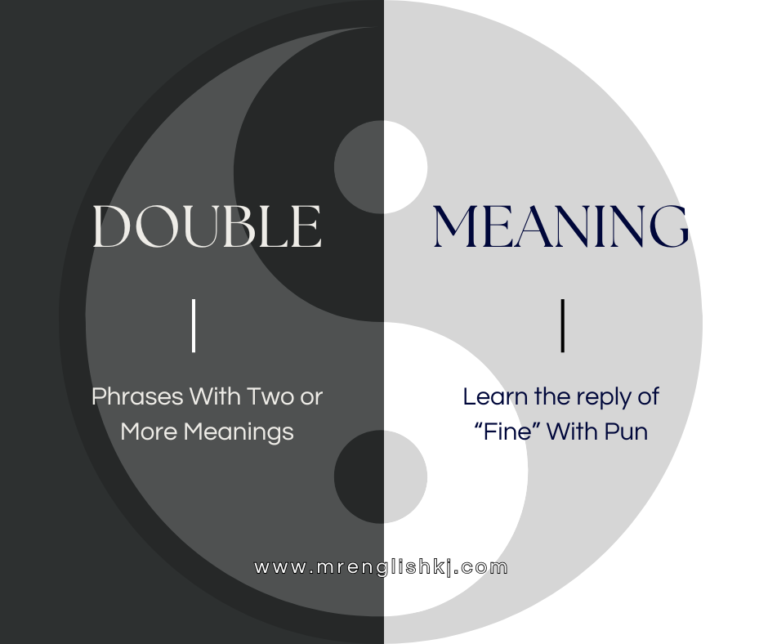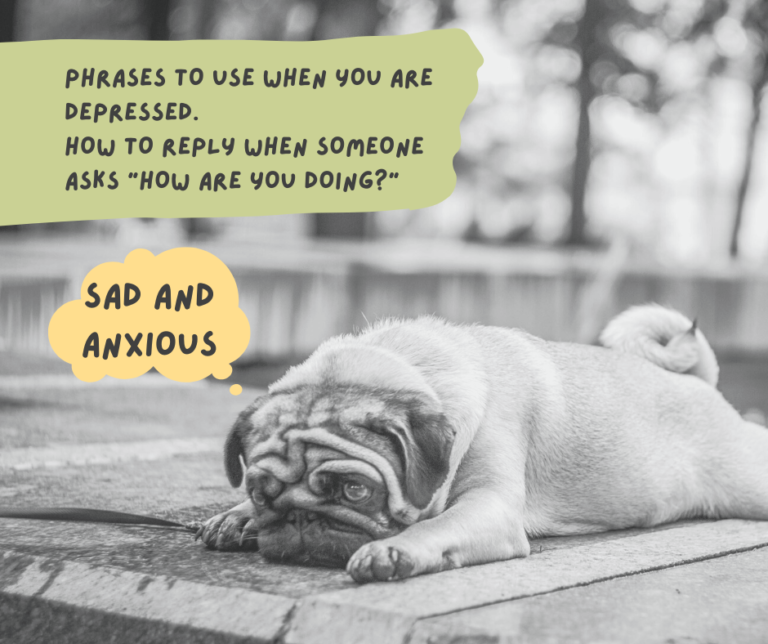Adjective
What is an Adjective? = Adjectives are words that describe or modify the quality of nouns and pronouns. An adjective tells us more about the quality or identity of a person, place, thing, animal, etc.
For Example – Adorable, bold, curious, demanding, energetic, furious, great, huge, illegal, jolly, keen, loyal, mischievous, nervous, official, proud, quiet, relevant, simple, terrible, useful, valuable, weird, xenial, young, zealous, etc.
Positions of Adjective
– Commonly, an adjective comes before a noun, but in reality; an adjective is put before, after, or immediately after a noun and pronoun. We call these positions by name.
- Attributive Adjective
- Predicative Adjective
- Postpositive Adjective
Let’s take a look at them one by one!
- Attributive Adjective = When an adjective usually comes before the described or modified noun, it is called an Attributive Adjective.
– For example = The bold word is an adjective and the italic word is a noun.
1. He is a nice man.
2. Sheila has a very interesting idea.
3. It was a funny conversation.
- Predicative Adjective = When an adjective comes after the described or modified noun and pronoun, it is called a Predicative Adjective.
– For example = The bold word is an adjective and the italic word is a noun or pronoun.
- He is still nice.
2. Sheila is very interesting.
3. She is very funny.
- Postpositive Adjective = When an adjective immediately comes after the described and modified noun and pronoun, it is called a Postpositive or Postnominal Adjective. The postpositive adjective is more popular with pronouns.
– For example = The bold word is an adjective and the italic word is a noun or pronoun.
- I am going somewhere nice.
2. Nothing interesting ever happened.
3. She tells me something funny.
Category of Adjectives
- There are so many adjectives in English vocabulary. I am giving a few examples of adjectives using the right category. You need to understand the category then you understand, what more adjectives can you think from the mentioned category. Let’s take a look!
- – Appearance & Quality = Attractive, pretty, slim, gorgeous, cute, careful, concerned, innocent, dusty, wild, shy, rich, poor, timid, strong, brave, macho, stupid, foolish, clumsy, dull, colorful, excited, weak, handsome, beautiful, fantastic, elegant, troublesome, filthy, noisy, etc.
- – Colour = Blue, red, green, purple, white, black, violet, wine, turquoise, brown, pink, etc.
- – Condition = Easy, difficult, strange, impossible, possible, believable, imaginary, true, false, outstanding, marvelous, odd, weird, notorious, etc.
- – Personality = Brave, charming, annoying, tired, lovely, caring, complex, strange, elegant, ravishing, sexy, hot, terrible, terrific, mighty, etc.
- – Quantity = Abundant, countless, one, two, three, first, second, third, deficient, ample, numerous, hundred, thousand, million, billion, etc.
- – Sense & Feeling = Aromatic, bitter, cold, pleased, satisfied, down, broken, blue, dark, tender, angry, excited, dismal, envy, embarrassed, envious, broody, blissful, cheerful, tired, danger, depressed, demoralised, motivated, sad, happy, creep, coward, courageous, etc.
- – Size & Shape = Big, huge, large, tall, small, tiny, minuscule, humongous, mammoth, giant, micro, macro, spacious, broad, wide, angular, round, circle, petite, fatty, oval, curved, flat, square, rectangular, triangular, deep, buffed, packed, curvy, etc.
- – Time & Age = Ancient, old, new, latest, rapid, brief, elder, young, modern, early, late, delayed, premature, short, long, slow, swift, underage, youth, teenage, adolescent, overage, aged, oldish, little, traditional, old-fashioned, etc.
- – Nationality & Origin = American, Indian, Mexican, Chinese, Japanese, Australians, British, African, Canadian, etc.
- – Material = Wooden, metallic, bronze, fibrous, woolen, cottony, sandy, plastered, bony, etc.
- – Sound = Husky, loud, moaning, hushed, harsh, hissing, raspy, quiet, faint, noisy, mute, thundering, silent, etc.
- – Taste & Touch = Yummy, bitter, tasteless, icy, greasy, salty, sour, spicy, tasty, fresh, rotten, ripe, juicy, sharp, moist, fuzzy, delicious, boring, bland, tough, soapy, raw, divine, silky, buttery, freezing, boiling, rich, chocolaty, creamy, etc.
Degree of Adjectives
= An adjective has three degrees positive, comparative, and superlative. We use these degrees in the same way that we use an Adjective, but the degree is just a grade showing the strength and power of an adjective.
– Positive Adjective = It is a common adjective, it does not show any grade. All the adjectives are Positive Adjectives.
For example = Cool, great, low, big, good, many, fast, deep, greasy, old, happy, little, far, etc.
– Comparative Adjective = It is a comparison between two nouns or pronouns. It shows that one noun or pronoun is better, worse, more, less, greater, or lesser than the other noun or pronoun. The comparative adjective is mostly a combination of “adjective + er.”
For example = Cooler, greater, lower, bigger, better, more, faster, deeper, greasier, older, happier, less, farther, etc.
We mostly add “-er” at the end of an adjective.
– Superlative Adjective = It is a superior form of noun or pronoun. It shows that one noun or pronoun is the best, worst, greatest, or least to every other noun or pronoun that the speaker or writer knows. The superlative adjective is mostly a combination of “adjective + est.”
For example = Coolest, greatest, lowest, biggest, best, most, fastest, deepest, greasiest, oldest, happiest, least, farthest, etc.
We mostly add “-est” at the end of an adjective.
Types of Adjectives
= There are several types of adjectives. We can understand more about the usage of an adjective through these types.
- Article
- Absolute Adjectives
- Attributive Adjectives
- Appositive Adjectives
- Compound Adjectives
- Coordinate Adjectives
- Cumulative Adjectives
- Demonstrative Adjectives
- Denominal Adjectives
- Descriptive Adjectives
- Distributive Adjectives
- Indefinite Adjectives
- Interrogative Adjectives
- Limited Adjectives
- Nominal Adjectives
- Numeral Adjectives
- Participle Adjectives
- Possessive Adjectives
- Predicative Adjectives
- Proper Adjectives
- Qualitative Adjectives
- Quantitative Adjectives
I would suggest you all take the adjective as a vocabulary, from which you learn to express the quality of person, place, thing, animal, nature, idea, emotion, and so on; but if you want to learn the adjective for examination or just wanting to have grammatical knowledge on the topic then you should focus deeply.
Thanks for choosing us!


